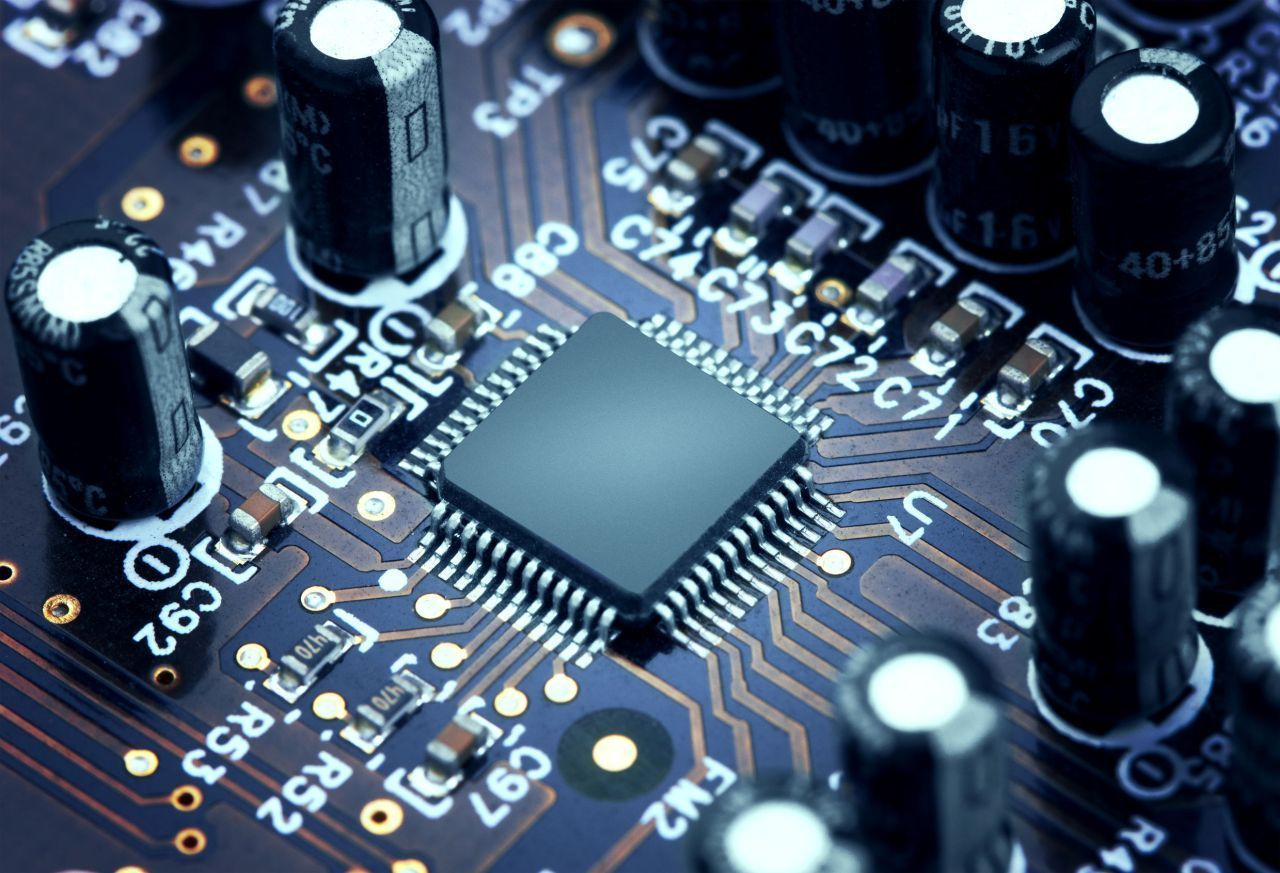[KH Explains] Will hefty tax breaks be Korean chipmakers’ savior?
Enhanced tax incentives may show government’s renewed commitment, but questions remain over timing, with uncertainty lingering over parliamentary approval
By Jie Ye-eunPublished : Jan. 4, 2023 - 16:05

The South Korean Finance Ministry on Tuesday proposed a plan to further expand tax breaks for the semiconductor industry to the world’s highest level amid escalating competition among chip powerhouses globally. The local industry hailed the decision as indicating the government’s renewed commitment to boosting the crucial chip industry, but uncertainties remain about its effectiveness, and whether it will be approved in parliament.
“It is true that the revision comes belatedly, considering the situations in rival countries -- but it's a great relief for the whole industry,” an industry official said on condition of anonymity.
“We need to be more prudent when investing in the chip business, since it requires some trillions of won worth of money. If we can receive such tax deductions (of up to 25 percent), it will surely lessen the load,” the official added.
The new revision push came only four days after President Yoon Suk-yeol instructed the Finance Ministry to come up with stronger tax benefits for the semiconductor and other strategic industries following the passage of the amendment bill that fell short of industry expectations of a 20 percent tax reduction.
The government plans to provide a bigger tax deduction rate of 15 percent for conglomerates investing in semiconductor facilities. The tax deduction rate for small and medium-sized enterprises will also rise to 25 percent.
The proposed plan is anticipated to help the local chip industry and others save more than 3.65 trillion won ($2.85 billion) in taxes in 2024 and around 1.37 trillion won each in the following two years, according to the Finance Ministry.
On the same day of the announcement, several statements supportive of the decision were released industrywide. Industry players said that they were satisfied with the government’s support despite the country’s tough economic situation. At the same time, they expressed their hope for the government's continuous full-pledged support and interest to bolster the global competitiveness of Korean chipmakers.
On the other hand, another industry official on condition of anonymity said that Korea’s expanded tax incentive plan still has room to improve, since countries including the US and China are already set to offer many favorable conditions. The industry official added that Korea had missed the boat to act earlier, amid growing concerns over an exodus of high-tech companies and workers from the country.
“Policies are all about timing, but Korea is lagging behind rival countries. Local chipmakers have already gone through a sluggish performance, and their sentiments have worsened,” the official said. “But I guess it is better late than never.”
“We were so desperate for the government’s support since the US proposed a strategic chip alliance last year and other countries started rolling out their subsidy packages for chip production. … We still feel a lot of pressure. If we were to say that we want to build a semiconductor manufacturing facility in the US, we have to walk on eggshells,” the official added.
Rep. Yang Hyang-ja, a Samsung Electronics executive-turned-lawmaker who leads the special panel on chips, said a tax credit rate of 15 percent on facility investment in the chip industry for conglomerates is the minimum condition to prevent the "Korea exodus" and safeguard its chip supremacy in global markets.
Citing other experts, Yang highlighted the necessity of increasing tax deductions from the current 15 percent to 25 percent in the future. Prior to President Yoon’s order to the Finance Ministry, the lawmaker urged the government to revise the bill and raise the tax deduction rate during an interview with The Korea Herald last week.
Market watchers and experts also forecast that Korea’s plan for bigger tax breaks is not enough to help expand local chipmakers’ investments here in the short term amid the gloomy market outlook.
“If the revised tax plan becomes effective, it is expected to have a positive influence on companies by helping them save some costs generated from investments in the long term. But in such stagnant market conditions, the tax scheme itself can't be a tool to increase companies' capital expenditure," said Song Myung-sub, an analyst at Hi Investment & Securities.
Kim Jong-ho, a professor at the Korea Advanced Institute of Science and Technology school of electrical engineering, said, "The latest decision is significant in indicating the government's active support for strengthening strategic industries' global competitiveness. However, the revised tax rates are still not enough."
The expert also suggested that companies' expected savings from paying less taxes needs to be used for research and development and human resources to further enhance the country's competitive edge in chips. In addition to the tax breaks, Kim stressed that the current licensing issue over building chip manufacturing facilities, which takes at least four to five years, must be resolved.



![[Exclusive] Korean military set to ban iPhones over 'security' concerns](http://res.heraldm.com/phpwas/restmb_idxmake.php?idx=644&simg=/content/image/2024/04/23/20240423050599_0.jpg&u=20240423183955)




![[Pressure points] Leggings in public: Fashion statement or social faux pas?](http://res.heraldm.com/phpwas/restmb_idxmake.php?idx=644&simg=/content/image/2024/04/23/20240423050669_0.jpg&u=)











